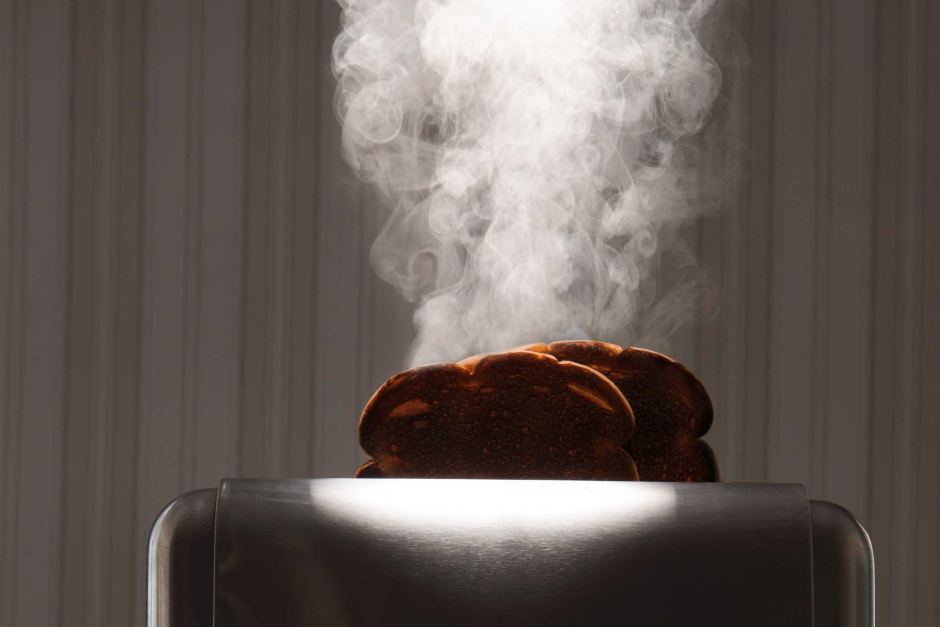
If you FEEL weak in a leadership role, you’re toast. According to international Power expert Julie Diamond, here’s why:
- Poor decision making, too caught up in your own feelings and failing to think of what’s best for others
- Hiding your mistakes, faking knowledge out of fear of being found out
- Feeling cornered and defenseless, and therefore lashing out and attacking others
- Failing to hold people accountable or intervene in a dispute, paralyzed by fear of conflict
(Read about Power Intelligence in Julie Diamond’s book Power: A User’s Guide)
The antidote? FEEL powerful. But not from the power in your role. From inner powers – capabilities available to everyone – that you can practice and grow. You might have skills, but you can easily overuse or underuse the rank and power in your outer role. Aggression, intimidation and passivity are a result of feeling weak in your personal power, and so over-using or under-using the positional power and rank. This often stems not from malice, but lack of good role models, rigid systems, and fear to open up to the unknown. – aggression, sarcasm, intimidation, over familiarity, timidness to stand up to bullies, passivity etc. Think power intelligence.
- Know yourself: Befriend your distinct pattern, your vibe – it’s your lifelong navigator
- Emotional intelligence: Get skills for inner stability when your ground is shaky
- Big picture: Get skills to detach and connect with an expanded view of reality when you are stuck
Power intelligence is the ability to feel powerful inside in order to use the power well in your role on the outside. Read more about inner powers in my book, Applying Deep Democracy in Human Services. I describe nine innate powers that I discovered when I asked leaders, practitioners and people in service provider organisations in different countries, what enabled them to get through very difficult situations? They had many things in common. Here’s what I learned:
Rank is a drug
Power is a force that moves you, writes Mindell. Power flows in relationships. Power is central to both the problem and solution. Addressing helplessness, exploitation and cycling of abuse involve a rethink of mindsets and skills. Power and rank are not just about high power roles and public leaders. The pecking order is everywhere, in lots of different ways. Rank gives you a feeling of freedom to get what you want. Rank derives from outer status, looks, smarts, relationship ease, where you were born, your cultural and racial identity, sexual identity and preference, access to money, health, benefits from the people you know, ease to fit in and so on.
Equally, we all have inner capabilities that we can open up to, use and develop. These capabilities equalise the flow of power in any relationship. Power intelligence has a ripple effect, because every interaction feeds forward. The more we use inner powers, the more abuse-resilient the environment can be. Everyone can develop and grow to maximise inner riches and outer joy in a life that truly matters.
Those who misuse power often don’t do it out of malice, but conditioning to take control in order to bypass frustration, fear of the unknown and feeling helpless. Your state of mind influences what you see and how you react in the moment. Regardless of your role, title, status or life situation, inner powers belong to everyone. And the more you feel and use your inner powers, the better you are at using the rank (or lack of) rank in your outer situation to help yourself, each other and the world.
Inner powers are inbuilt potential. Use them or lose them. Like any muscle, they need to be used or they fall asleep, atrophy, go flabby. Consider these inner powers:
- Your own life direction is an inner power – your distinct pattern that organises your experiences.
- Being able to tune into yourself is a power, so you don’t get pulled and pushed every which way, or taken advantage of. To become self-aware of your body signals and state of mind and how it influences your experience and your surroundings.
- Love-based curiosity is an inner power – being able to open up to another person no matter their communication style – to listen, to follow, to unfold and deepen the prompts via the signals the person is showing, to step outside your own mindset and see the situation through this person’s eyes, and get new insights to expand your own view.
- Facing injustices of the past is an inner power. The current Royal Commission in Australia into abuse of people with disabilities on a systemic scale is a national platform to learn how helpers, victims, leaders, bystanders, perpetrators and society as a whole are interconnected.
- Surviving adversity with inner strength is an inner power – quite the opposite from being helpless, people who have survived have important lessons to teach about being human and about community.
- Replenishing yourself from the inside, whether through nature, or your spiritual belief, or some other practice, is an essential inner power for carers and caregivers and supporters to avoid taking frustrations out on others., putting yourself down, getting in bad moods.
- The power of self-affirming beliefs in the face of inner doubts and critics and the scars of personal history.
- The ability to make conflict fruitful is an inner power. do you know yourself in combat? What is your MO when tension arises? How to use conflict to embrace diversity, and get closer to what’s really important?
- How to facilitate collaboration between diverse perspectives in your team, your organisation, your group or system – and in yourself?
Our coaching, learning hubs and leadership development help grow these powers as a natural antidote to intentional and unintended harm. Often exploitation, mistreatment and neglect comes not out of malice, but out of frustration, lack of understanding and feeling too weak to make any difference. Kindness, creativity and open-mindedness sound simple on paper, but if you feel weak in your personal power, that’s world away.
Getting into feeling powerful inside, to make a difference on the outside, are outlined in my book with real stories from around the world and power workout exercises for your own situation. I have learned from the best teachers – people reliant on support. I have worked with many front line supporters, managers and leaders who have swung things around and brought out the voices of people being served to set the direction for the entire system. We can plant seeds, we can set a course. It takes time, it takes tenacity, it takes a certain optimism for life, and inner stability, but it is possible. These powers are a foundation that can work into anything, and belong to everyone.
So next time you want to enjoy your toast, feel your personal power to help yourself and help your world!


